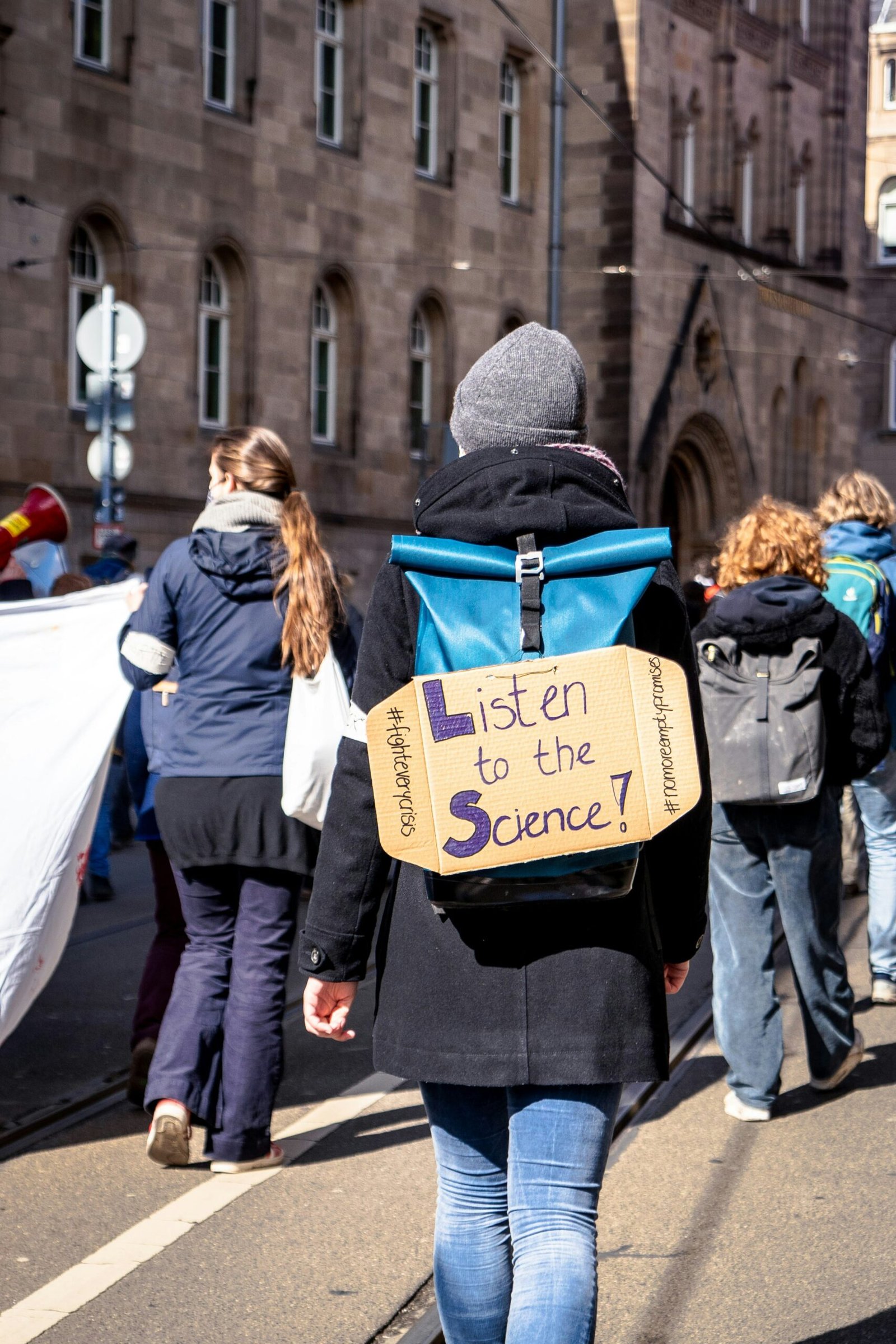The Basics of Climate Change
Climate change refers to significant alterations in global temperatures and weather patterns over time. While climate change has been a natural phenomenon, human activities have accelerated this process, causing unprecedented changes. Key contributors include burning fossil fuels, deforestation, and industrial processes that increase greenhouse gas emissions.
Effects on the Environment
The consequences of climate change are profound and far-reaching. Rising global temperatures lead to melting ice caps and glaciers, resulting in rising sea levels. This poses a significant risk to coastal communities. Additionally, altered weather patterns contribute to more frequent and severe weather events, such as hurricanes, droughts, and floods. Ecosystems are also affected, with many species struggling to adapt to the rapid changes.
Tackling Climate Change
Addressing climate change requires collective action at local, national, and global levels. Solutions range from reducing carbon footprints by using renewable energy sources like wind and solar power to improving energy efficiency in buildings and transportation. Conservation efforts, such as reforestation and protecting natural habitats, also play a vital role. Public awareness and education are essential in inspiring individuals and communities to take action towards a sustainable future.

